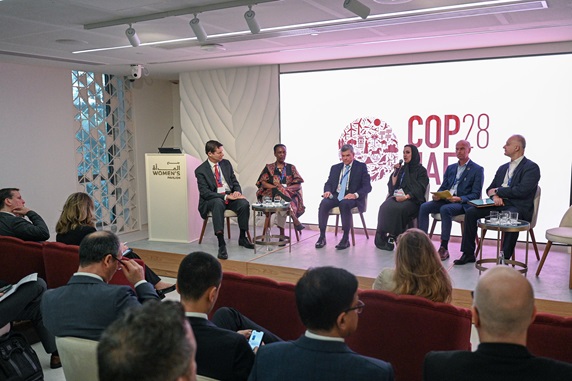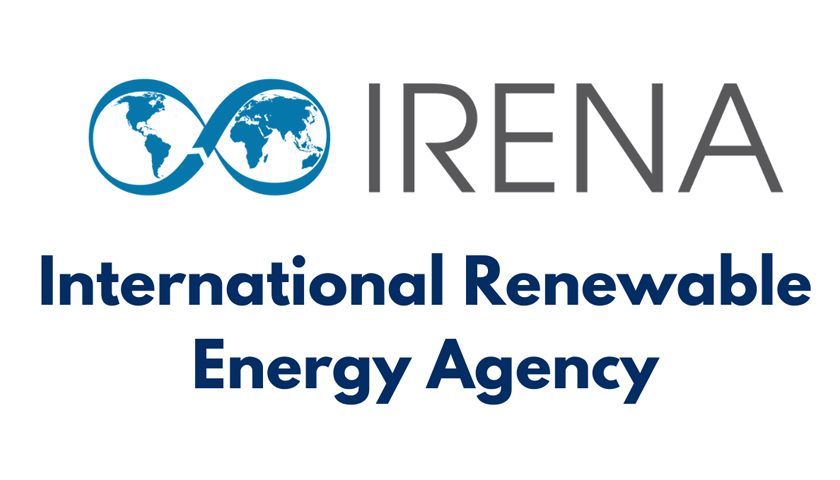Launched at the 13th IRENA Assembly in 2023, the United Nation (UN)’s Energy Compact on Renewable Energy for Peacekeeping seeks to reduce the peacekeeping missions’ environmental footprint while improving energy access and supporting the achievements of parts of host countries’ Nationally Determined Contributions. Focusing on improving effectiveness and operational resilience with increased use of renewables, the Compact was further reinforced by the countries’ consolidated actions aimed at decarbonising peacekeeping operations.
In the framework of the Energy Compact, partners are promoting the use of renewables in peace-keeping missions, aligned with the UN Secretariat’s goal to reduce its greenhouse gas emissions by 45% and source 80% of its power from renewable energy by 2030, which hinges overwhelmingly on peacekeeping operations. Through a joint communiqué, partners corroborated their collaboration to implement and accelerate actions.
Moreover, at a ministerial meeting at the 28th UN Climate Change Conference (COP28) in Dubai, the United Arab Emirates last December, the partners adopted a declaration to mobilise international support towards this particular Energy Compact. The meeting noted the unique and extraordinary opportunity to leverage the UN’s 2030 commitment to source 80% of its own electricity from renewable energy. By supporting renewables project development in fragile settings, the collaboration seeks to enhance energy access in surrounding communities and help counter drivers of conflict and displacement.

In the context of bringing projects development into fruition on the ground, participants of the meeting – UN peacekeeping representatives, humanitarian organisations, international financial institutions, support countries, host countries and energy peace partners – shared experiences on replicable models for financing and developing renewable energy projects. The discussed tools and instruments include leasing arrangements, power purchase agreements and Peace Renewable Energy Credits. Some of them have been successfully used in pilot projects in Baidoa, Somalia, as well as Malakal and Yei in South Sudan.
As the next step, the partners agreed to mobilise technical capacity and financial resources to develop a pipeline of community electrification projects anchored in UN humanitarian and peacekeeping sites. By powering UN field missions with more renewable energy, the Energy Compact partners hope to lay the foundation of sustainable and inclusive development and deliver a positive legacy in adjacent local communities.
The declaration adopted by the ministerial meeting at COP28 can be found here.
